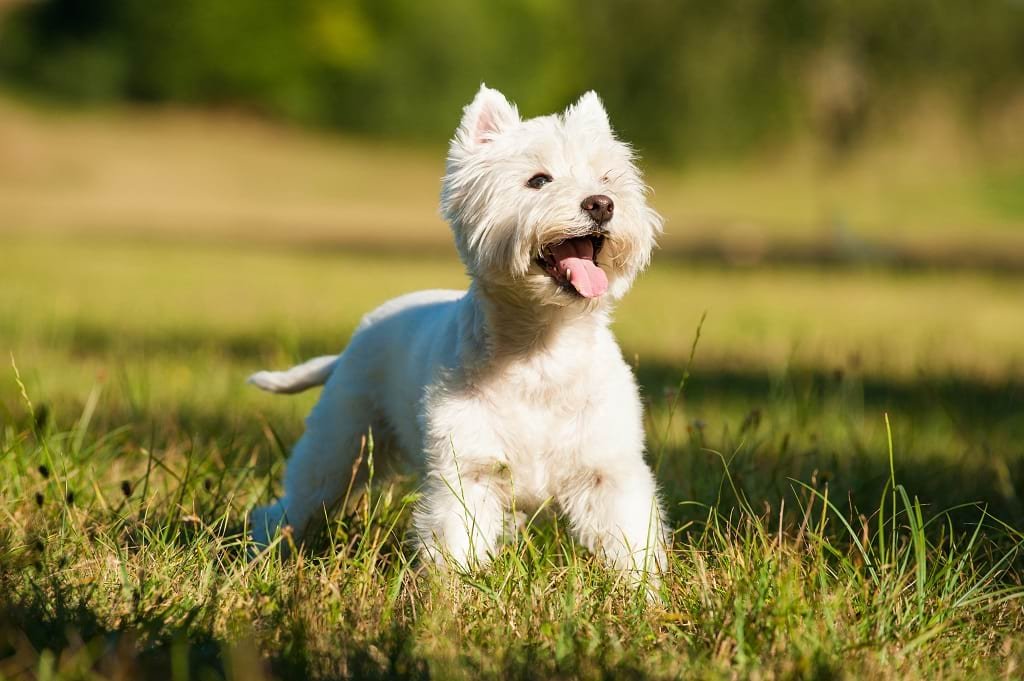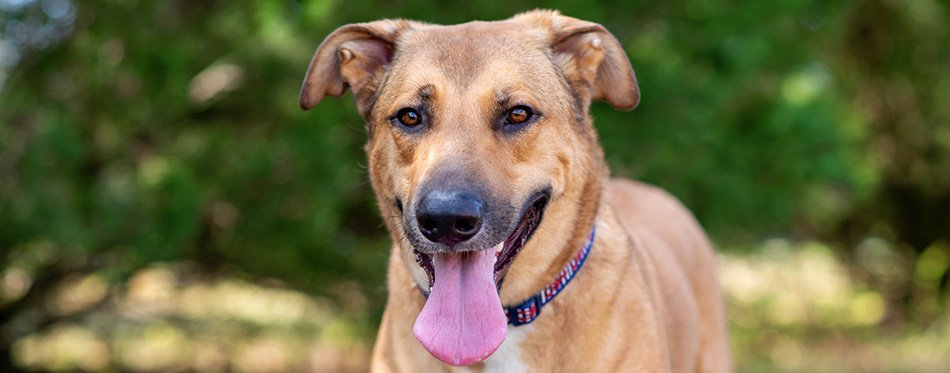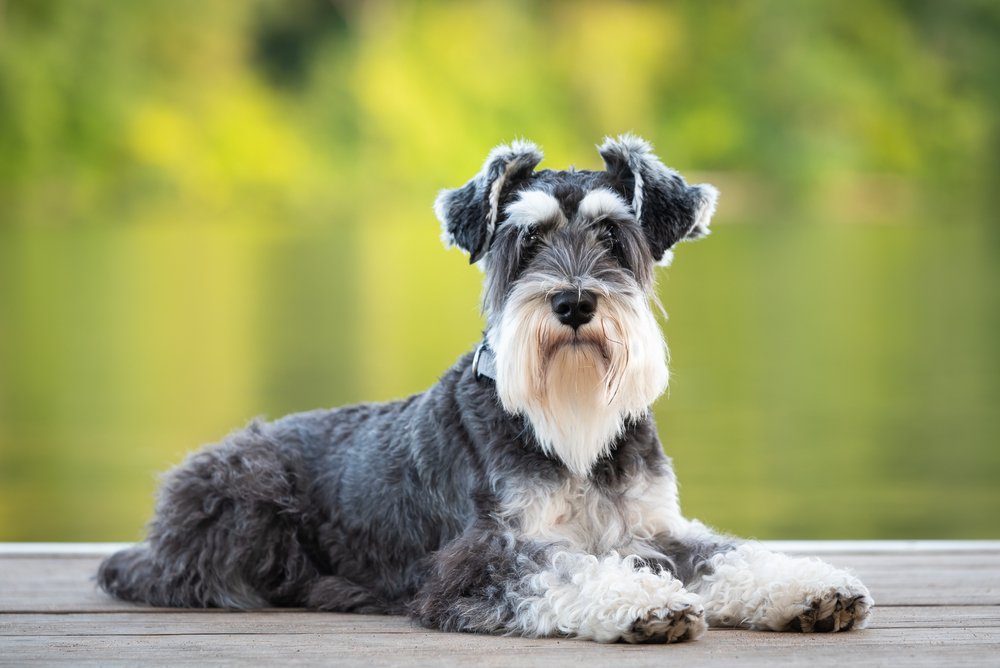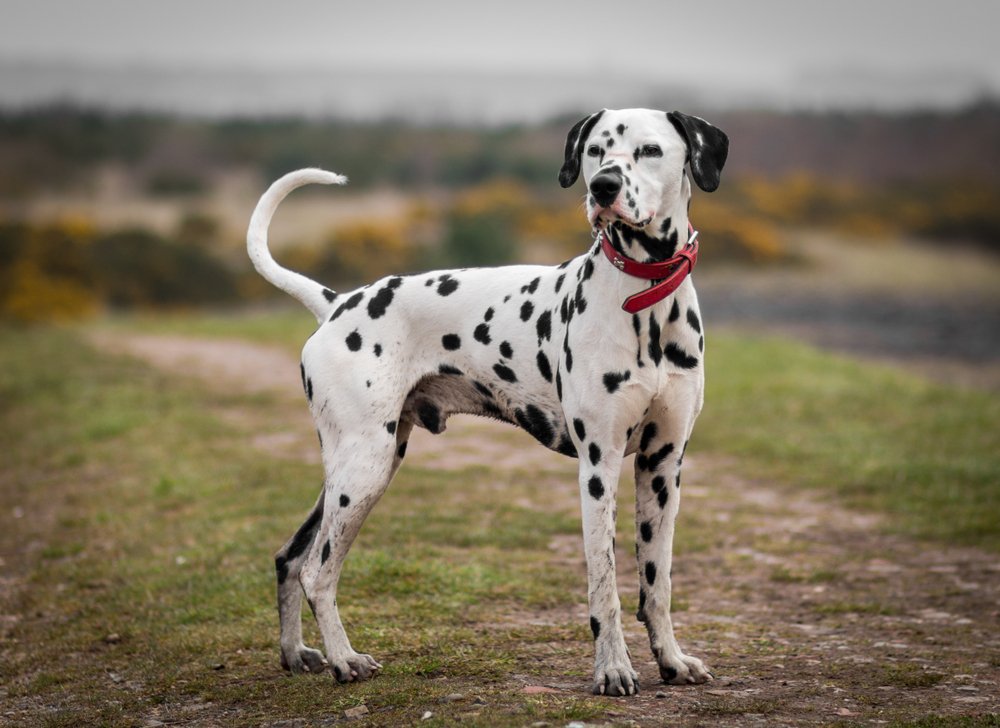Top 4 best Dog Breeds in USA in 2024
0 comments
West Highland White Terrier:
The West Highland White Terrier, or "Westie" for short, is an adorable, spirited, and loyal dog breed that has won the hearts of many dog lovers around the world.
These small, fluffy white terriers are more than just a pretty face; they are excellent emotional support companions who bring warmth, joy, and unwavering support to their owners.
History/Origin:
The story of the West Highland White Terrier begins in the Scottish Highlands, where this little dog was originally bred to hunt small game like rats and foxes.
Known for their tenacity and courage, Westies quickly became indispensable on farms, where they helped control pests and kept the property safe.
Their white coat, which distinguished them from other working terriers, was bred into them to make them more visible during hunting.
Personality:
West Highland White Terriers are known for their lively, curious, and affectionate personalities.
Despite their small size, they are full of energy and enthusiasm, always eager to explore their surroundings or chase after a ball.
Their loyalty and devotion to their owners are unmatched, and they quickly form strong bonds with the people they love.
This makes them a perfect match for individuals in need of an emotional support animal, as Westies are intuitive and sensitive to their owners' feelings.
If you’re considering making your West Highland White Terrier an official emotional support animal, RealESALetter.com is the perfect resource to help you in ESA registration.
A certified ESA letter, issued by a licensed mental health professional, will grant you and your Westie the legal right to live in pet-restricted housing and travel with fewer restrictions.
Physical Appearance:
One look at a West Highland White Terrier, and it’s easy to see why they’ve stolen so many hearts. With their bright white coats, pointy ears, and button-like eyes, Westies have a distinctive appearance that sets them apart from other dog breeds.
They typically weigh between 15 and 20 pounds, making them a small but sturdy dog. Their compact, muscular bodies give them the agility needed for their historical role as hunters.
Westies have a double coat—an outer coat that is harsh and wiry and an undercoat that is soft and fluffy.
Chinook Dog:
When you think of dogs, what comes to mind? For many, it's the image of a playful pup with a wagging tail. But not all dogs are the same, and some breeds offer unique qualities that cater to specific needs. Among these, the Chinook dog stands out.
This breed is not just any ordinary dog; it's a versatile companion with a rich history and distinct personality.
History and Origin:
The Chinook dog breed has a fascinating backstory that is as unique as the dogs themselves.
Originating in the early 20th century in New Hampshire, the Chinook was developed by a man named Arthur Walden, who was a well-known sled dog driver.
Walden's goal was to create a versatile sled dog that could handle the demanding conditions of the northern wilderness while also being a dependable companion.
The breed's foundation came from crossing several other dog breeds, including the German Shepherd, the Alaskan Husky, and the Belgian Malinois.
Personality:
The Chinook's personality is one of its most endearing traits. These dogs are known for their friendly and outgoing nature.
They are highly social animals, making them excellent companions for families and individuals alike.
Their friendly disposition extends to other pets and children, showing that they are well-suited for a variety of household environments.
Moreover, Chinooks are incredibly intelligent and eager to please, which makes them relatively easy to train.
Physical Appearance:
The Chinook is a striking breed with a well-balanced and athletic build. They are medium-sized dogs, with males typically weighing between 70 to 90 pounds and females slightly lighter.
Their coats are dense and double-layered, which helps them withstand harsh weather conditions.
Feed and Nutrition:
Feeding a Chinook properly is crucial for maintaining their health and well-being. This breed requires a balanced diet that includes high-quality protein, healthy fats, and essential nutrients.
Since Chinooks are active dogs, they benefit from a diet that supports their energy levels and overall health.
Schnocker:
Imagine a dog that's a charming mix of two beloved breeds, bringing together the best qualities of both.
That's precisely what the Schnocker offers—a delightful blend of the Schnauzer and the Cocker Spaniel.
This hybrid breed has been gaining popularity for its unique traits and adaptable nature, making it a standout choice for many pet enthusiasts.
History:
The Schnocker is a relatively modern breed, created by crossing the Schnauzer and the Cocker Spaniel.
This hybrid dog breed began appearing in the late 20th century as breeders sought to combine the best characteristics of these two popular breeds.
The Schnauzer, known for its distinctive beard and alert nature, was paired with the Cocker Spaniel, recognized for its gentle temperament and expressive eyes.
Personality:
The Schnocker is renowned for its engaging and friendly personality.
This breed typically inherits the best traits from its parents: the Schnauzer's intelligence and the Cocker Spaniel’s affectionate nature.
Schnockers are known for their playful and outgoing demeanor, making them excellent companions for both children and adults.
Physical Appearance:
The Schnocker’s appearance is a delightful blend of its parent breeds. Typically, Schnockers have a medium-sized, well-proportioned body that combines the Schnauzer’s robust build with the Cocker Spaniel’s graceful lines.
Their coat can vary, often reflecting a mix of the Schnauzer’s wiry texture and the Cocker Spaniel’s silky fur.
For more delightful insights into various dog breeds, including the Chinook, check out ThePetWorld. This site offers a wealth of information and heartwarming stories about different pets, helping you understand more about the special qualities of each breed.
Boxmatian:
This breed is becoming increasingly popular not just for its striking appearance but also for its remarkable personality.
Whether you're drawn to their unique looks or their friendly demeanor, understanding the Boxmatian can help you decide if this breed fits your lifestyle.
Origin:
The Boxmatian is a hybrid breed that results from crossing two beloved dogs: the Boxer and the Dalmatian.
The Boxer, known for its playful and loyal nature, originated in Germany and was initially used as a guard dog and hunting companion.
On the other hand, the Dalmatian, famous for its distinctive black or liver spots, has roots in Croatia and was historically used as a carriage dog.
Personality:
Boxmatians are known for their vibrant and friendly personalities.
They inherit the Boxer's energetic and playful nature, coupled with the Dalmatian's outgoing and social demeanor.
This makes them excellent companions for families and individuals alike.
One of the most notable aspects of a Boxmatian's personality is their high energy level.
Physical Appearance:
The Boxmatian's physical appearance is as striking as its personality.
This breed typically has a sleek, athletic build that combines the Boxer’s muscular frame with the Dalmatian’s graceful, spotted coat.
The result is a dog that looks both robust and elegant.
Feed/Nutrition:
Proper nutrition is crucial for maintaining a Boxmatian’s health and vitality.
Given their high energy levels, this breed needs a well-balanced diet that supports their active lifestyle.
High-quality dog food that contains adequate protein, healthy fats, and essential nutrients is essential for their overall well-being.
FAQs
Are Westies good for first-time dog owners?
Yes, West Highland White Terriers are great for first-time dog owners because of their friendly and loyal personalities. They’re relatively easy to train and make excellent companions.
Do Westies get along with other pets?
Westies can get along with other pets, especially if they are introduced at an early age. However, their strong prey drive may make them less compatible with smaller animals like rodents.
What is the typical lifespan of a Chinook?
Chinooks generally have a lifespan of 12 to 15 years. Regular veterinary care and a healthy lifestyle can contribute to a longer, happier life.
Are Chinooks good with other pets?
Yes, Chinooks are generally good with other pets, including dogs and cats, due to their friendly and social nature.
How do I care for a Schnocker’s coat?
Regular brushing is essential to manage their coat and minimize shedding. Their coat type can vary, so establishing a grooming routine helps maintain their appearance and overall health.
Are Schnockers good with other pets?
Yes, Schnockers generally get along well with other pets, including dogs and cats, thanks to their friendly and adaptable nature.
What is the average lifespan of a Boxmatian?
The average lifespan of a Boxmatian is typically around 10 to 14 years, depending on their health and care.
Are Boxmatians good with children?
Yes, Boxmatians are generally good with children and are known for their playful and affectionate nature.





Comments